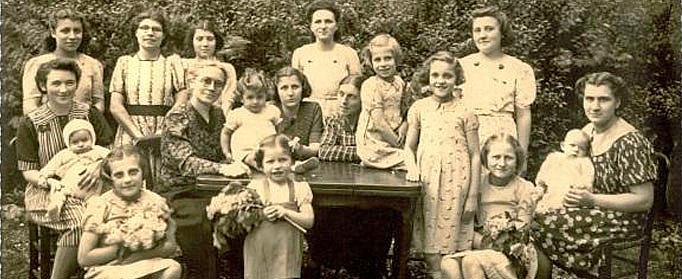For over 80 years serving children in difficulty

Focus on local realities
Every day, in the Upper Normandy region alone, 10,000 minors are taken care of under Child Protection measures. 266,000 in France, i.e., 2% of those under 18. This rate is high and constantly increasing, revealing one of the regions most affected by economic and social difficulties (unemployment, insecurity, illiteracy…).
The association “Les Nids” works in various fields that place the child and their family at the heart of its missions, in order to respond to the specific needs of each:
– Child protection
> Reception of children placed in children’s homes or foster families
> Preventive follow-up
– Mediation and listening centers
> The child’s voice
> Family mediation
> Maintaining connections
> Supporting parents
– Education in specialized institutions
– Juvenile delinquency
Nearly 4,700 children and adolescents supported each year
– 13 establishments, representing 47 services
> 851 employees (36th largest employer in Upper Normandy)
> 100 volunteers
> Over 200 members
> €42.5M annual budget, mainly public funding
(daily rates and subsidies)
Its role as a social actor
The association “Les Nids” witnesses the social difficulties expressed in its territory: children’s psychological suffering, youth integration issues, school failure, delinquency, precarious housing problems, isolation, access to healthcare and employment…
Developing missions of general interest, its association status gives it insight to better understand realities, the freedom to influence policies and mindsets, and the duty to adapt its responses to societal, family, and local issues.
This role is more necessary than ever to guarantee the right to childhood and build the adults of tomorrow, autonomous and responsible. To achieve this, it relies on:
The commitment of its professionals and volunteers who work daily with children and families

